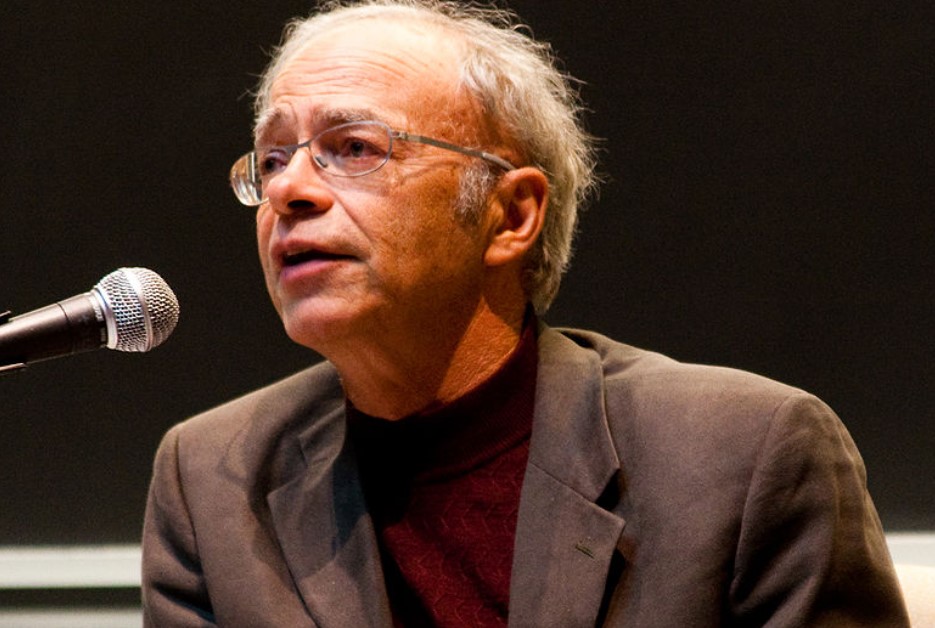Peter Albert David Singer Mobile Number, Phone Number, Email ID, House Residence Address, Contact Number Information, Biography, Whatsapp, and More possible original information are provided by us here.
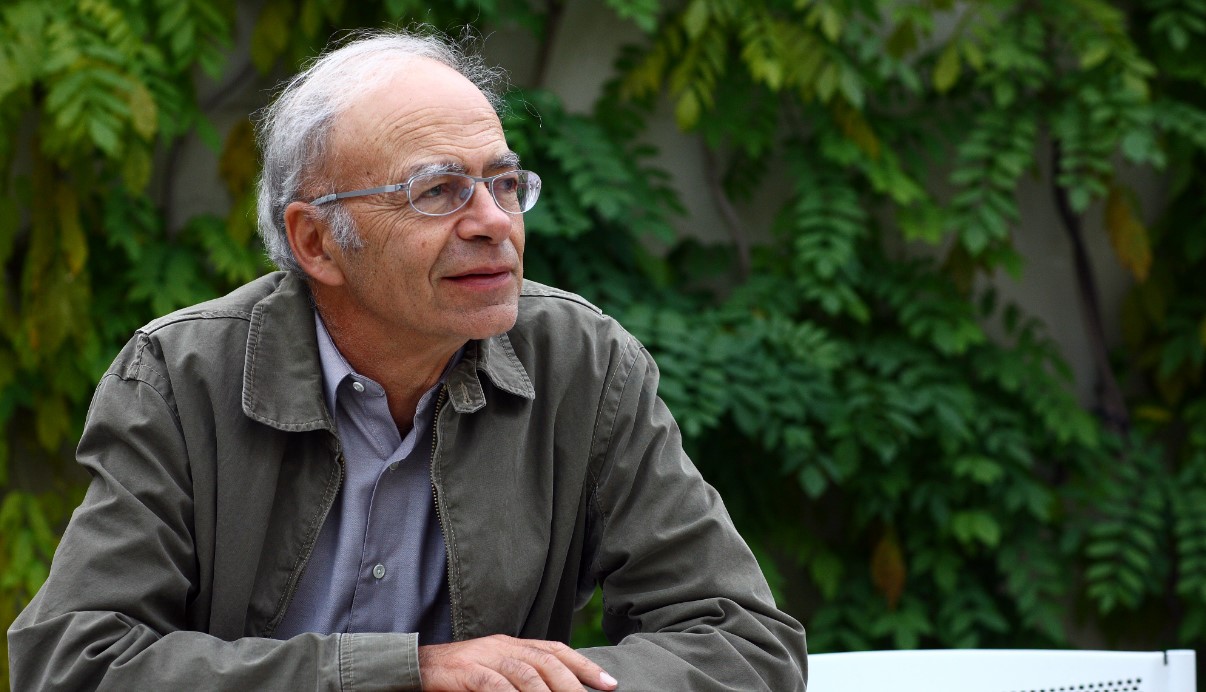
Peter Albert David Singer AC is an Australian moral philosopher and the Ira W. DeCamp Professor of Bioethics at Princeton University. Singer was born on July 6, 1946, and holds this position. His area of expertise is practical ethics, and he approaches the topic from a rationalist and consequentialist point of view. He is the author of the book “Animal Liberation” (1975), in which he makes the case for veganism. He is also the author of the article “Famine, Affluence, and Morality,” in which he argues in favor of contributing to aid the impoverished across the world.
After spending most of his career as a preference utilitarian, he disclosed in the book that he co-authored with Katarzyna de Lazari-Radek, titled The Point of View of the Universe (2014), that he had transitioned to become a hedonistic utilitarian. At Monash University, where he also established the university’s Centre for Human Bioethics, Singer held the position of head of the philosophy department twice. In 1996, he attempted to enter the Australian Senate as a Greens candidate but was unsuccessful. The Council of Australian Humanist Societies named Singer the Australian Humanist of the Year in 2004. This honor was bestowed to Singer that year. The Sydney Morning Herald ranked him as one of Australia’s top ten most important public thinkers in 2005. The Singer is the creator of Animals Australia and The Life You Can Save, which she also helped start.
The singer was raised in a wealthy household that did not practice religion, and he grew up to be an atheist. His father’s prosperous company imported tea and coffee into the country. Singer and his family didn’t celebrate Jewish holidays often, so he decided against having a bar mitzvah. Singer received his education at Preshil and then continued it at Scotch College. Soon after leaving school, Singer attended the University of Melbourne to pursue a law, history, and philosophy degree. He graduated with a bachelor’s degree in 1967. He claimed that he decided to study philosophy after conversing with his sister’s boyfriend, which aroused his interest.
In 1969, he returned to the same institution to complete his master’s degree and defend a thesis titled Why Should I Be Moral? He was granted a scholarship to attend the University of Oxford, where he got a Bachelor of Philosophy degree in 1971. His thesis was on civil disobedience, and R. M. Hare oversaw it. The idea was later turned into a book released in 1973. According to Singer, Hare and the Australian philosopher H. J. McCloskey are two of Singer’s most influential teachers. One day, when attending Balliol College in Oxford, he had an event that he considers the most formative and significant life experience. After the seminar, he conversed with another graduate student named Richard Keshen, who was also from Canada and would become a professor at Cape Breton University.
After learning that the spaghetti sauce they were about to have for lunch included meat, Keshen decided she would rather have a salad. The singer ate the pasta. Ultimately, Singer was curious about Keshen’s decision to abstain from eating meat and asked about it. Keshen elaborated on his ethical concerns in the following sentence. Later, Singer would say, “I’d never met a vegetarian who gave such a straightforward answer that I could understand and relate to.” The Singer was referring to the fact that he had never met a vegetarian before. The Singer was then introduced to Keshen’s other vegetarian friends by Keshen.
The Singer was able to locate one book (Animal Machines by Ruth Harrison) that he could read to educate himself on the subject. Within a week or two, he contacted his wife and told her that he believed they needed to change their diet and that he did not think they could justify eating meat. Singer’s wife agreed with him, and they became vegetarians. After serving as a Radcliffe lecturer at University College, Oxford, for three years, he taught as a visiting professor at New York University for sixteen months. In 1977, he moved back to Melbourne, and except for a few stints as a visiting professor in other countries, he remained there for most of his career until 1999, when he moved to Princeton. In addition to his position at Princeton, it was reported in June 2011 that he would begin working as a professor at the New Institution of the Humanities, a private institution in London.
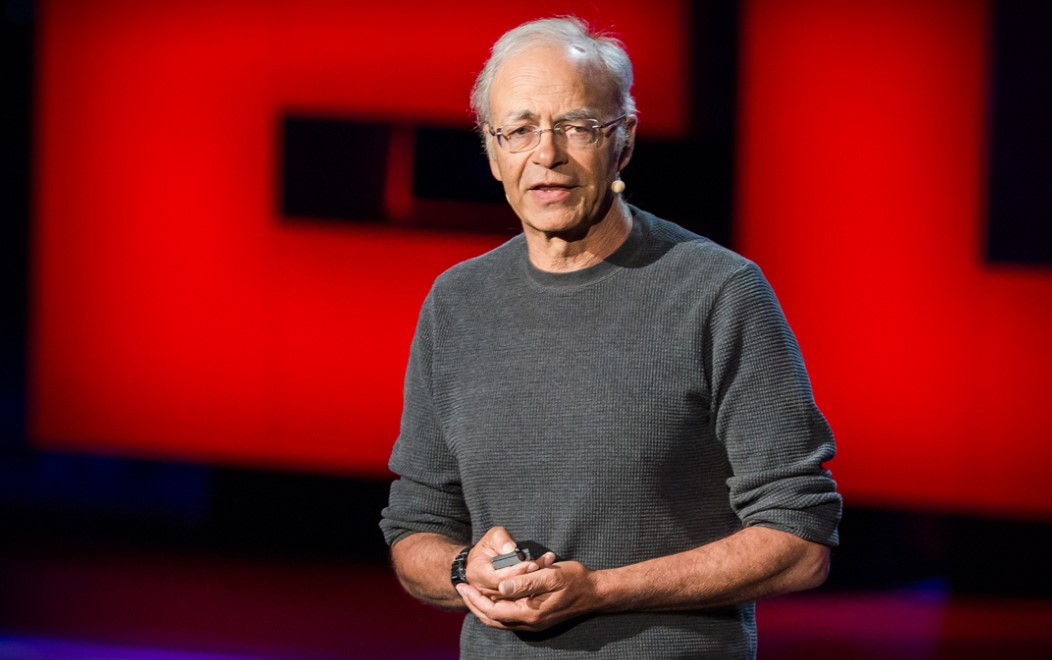
Since 2001, he has also consistently contributed to the website Project Syndicate. It is most likely that Singer is the current philosopher who is the most well-known and has the most significant number of readers. Michael Specter argued in a piece that philosopher Peter Singer is one of the most critical current thinkers. In his book “Practical Ethics” (1979), Singer examines the why and the how of factoring in the interests of sentient creatures. His philosophy of giving equal regard to all goods is different from treating everyone with the same level of importance in the same manner since other interests need distinct approaches.
For example, everyone is interested in protecting themselves from experiencing pain, but only a minority of people are motivated to improve their skills. His concept supports various treatments for distinct interests and permits multiple therapies for the same claim when a component involving declining marginal value is present. For instance, this approach would give more weight to the concerns of a person dying of starvation over food than to those of a mildly hungry person. To be free to pursue one’s goals without interference from others is one of the most significant human objectives, along with the avoidance of suffering, the development of one’s talents, the gratification of fundamental requirements such as those for food and shelter, the enjoyment of warm personal connections, and “many, many other” things.
The potential for “suffering and enjoyment or happiness” is the primary interest that entitles a creature to equal regard since it is the basis for morality. Singer contends that the interests of a being should always be considered according to the tangible features that being has. He is partial to the “journey” concept of life, which holds that taking another person’s life to the extent that one’s life path is thwarted due to one’s actions is unethical. Therefore, taking a life is less evil at the beginning, when no objectives have been established, and in the end, when the goals have either been achieved or are unlikely to be completed.
The journey model allows for at least one unfulfilled goal and explains why others cannot replace individuals who have already begun their journeys. The journey model can only come into play when a personal interest is continuing one’s life. This model also explains why Singer gives goods higher importance than petty needs and pleasures, which helps to shed light on another aspect of Singer’s philosophy. Ethical behavior is supported by considerations beyond prudent behavior, addressing “something bigger than the individual” rather than a smaller group.
Singer believes that this going beyond defines moral grounds as “somehow universal,” notably in the injunction to “love thy neighbor as thyself,” which he interprets as asking that one give the same weight to the interests of others as one accord to one’s interests. In other words, Singer believes that the injunction to “love thy neighbor as thyself” demands that one love one’s neighbor as much as one loves one’s self. This universalizing step, which Singer follows from Kant to Hare, 11 is essential and differentiates him from those moral theorists, from Hobbes to David Gauthier, who bind morality to prudence. Singer links this step back to Kant.
Singer contends that the belief that one’s interests cannot count for more than the interests of others is essential to the foundation of utilitarianism, which is why universalization leads straight to utilitarianism. Utilitarianism results from considering all of these factors, weighing them against one another, and selecting the course of action that is most likely to maximize the interests of all parties involved. In contrast to the Kantian universalizing step, which applies to the judgments of rational agents (as in Kant’s kingdom of Ends or Rawls’ original position, etc.), the universalizing action proposed by Singer applies to interests independently of the individuals who hold them.
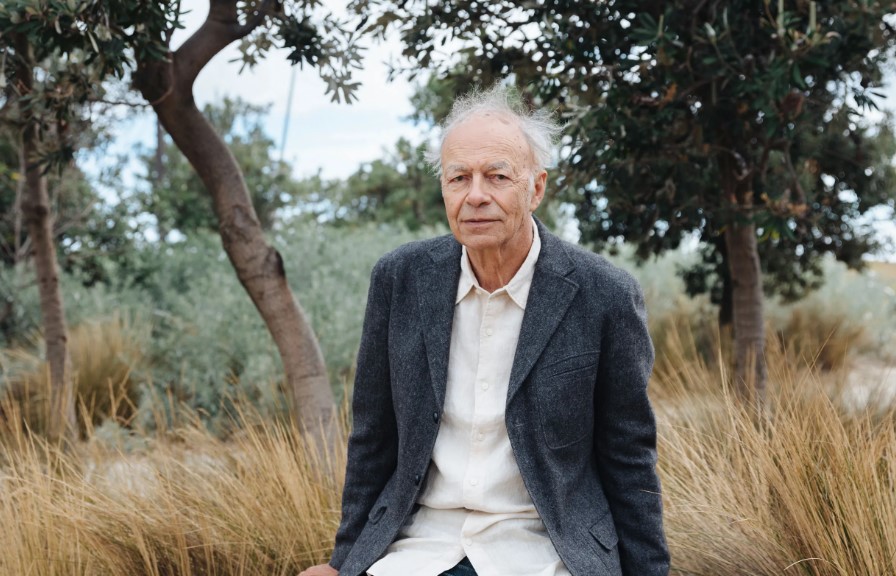
Singer believes that Kant’s universalization of human rights is cruel to animals. As for the Hobbesians, Singer attempts a response in the final chapter of Practical Ethics. He argues that self-interested reasons support adopting the moral point of view. These reasons include “the paradox of hedonism,” which suggests that the best way to find happiness is by not looking for it, and most people need to relate to something more significant than their concerns. Effective altruism may be attributed to the development of Singer’s concepts. He contends that individuals should not just work toward alleviating pain but should also work toward helping it in the most efficient way feasible.
While Singer has written at length in the past on the ethical need to alleviate poverty and end the suffering of nonhuman animals, notably in the meat business, this is not Singer’s first time discussing these topics. His book, published in 2015 and titled “The Best You Can Do,” discusses how the effective altruism movement performs these things more efficiently. Animal Charity Evaluators is a charity evaluator that many members of the effective altruism community use. This charity evaluator suggests the most cost-effective animal advocacy organizations and initiatives. He is a board member of Animal Charity Evaluators.
The Life You Can Save (TLYCS), his organization, also suggests a selection of organizations that have been regarded by charity assessors, such as GiveWell, as the most successful in assisting individuals living in severe poverty. TLYCS was established after Singer published his eponymous book in 2009, in which he argues more widely in favor of contributing to charities that aim to eradicate global poverty. Singer’s book inspired the establishment of TLYCS.In particular, he builds upon some of the points made in his article “Famine, Affluence, and Morality,” written in 1972.
In that essay, he claims that inhabitants of affluent countries are morally obligated to donate at least some of their disposable money to charities that aid the worldwide poor. In this book, he expands upon some of his arguments in that essay. The “drowning child analogy” is what he uses to back up his claim. Most individuals would risk ruining their costly clothing to save the life of a kid drowning in a pond. This indicates that human life’s worth is higher than our worldly belongings’ value. Consequently, we must give up a significant percentage of the money we would otherwise spend on our material goods and give it to a charitable organization instead.
Since November 2009, Singer has been a member of Giving What We Can, a worldwide organization whose members commit to donating at least 10% of their income to charitable organizations that have a positive impact. Animal Liberation, published in 1975, is often considered a formative influence on contemporary animal liberation movement leaders. The book’s primary argument elaborates on the utilitarian idea that “the greatest good for the greatest number” is the sole valid criterion for determining what constitutes moral or ethical behavior.

Peter Albert David Singer Phone Number, Email Address, Contact No Information and More Details
Peter Albert David Singer Addresses:
House Address:
Peter Albert David Singer, Melbourne, Australia
Fanmail Address / Autograph Request Address:
Peter Albert David Singer,
Melbourne,
Australia
Peter Albert David Singer Contact Phone Number and Contact Details info
- Peter Albert David Singer Phone Number: Private
- Peter Albert David Singer Mobile Contact Number: NA
- WhatsApp Number of Peter Albert David Singer: NA
- Personal Phone Number: Same as Above
- Peter Albert David Singer Email ID: NA
Social Media Accounts of Content Creator ‘Peter Albert David Singer ’
- TikTok Account: NA
- Facebook Account (Facebook Profile): https://www.facebook.com/PeterSingerOfficialPage
- Twitter Account: https://twitter.com/PeterSinger
- Instagram Account: https://www.instagram.com/peter__singer
- YouTube Channel: NA
- Tumblr Details: NA
- Official Website: NA
- Snapchat Profile: NA
Personal Facts and Figures
- Birthday/Birth Date: 6 July 1946
- Place of Birth: Melbourne, Australia
- Wife/GirlFriend: Renata Singer
- Children: Marion Singer, Ruth Singer, Esther Singer
- Age: 77 Years old
- Official TikTok: NA
- Occupation: Philosopher
- Height: 1.85 m
Business Facts
- Salary of Peter Albert David Singer: $1 million
- Net worth: $1 million
- Education: Yes
- Total TikTok Fans/Followers: NA
- Facebook Fans: 55K followers
- Twitter Followers: 119.9K Followers
- Total Instagram Followers: 22.4K followers
- Total YouTube Followers: NA
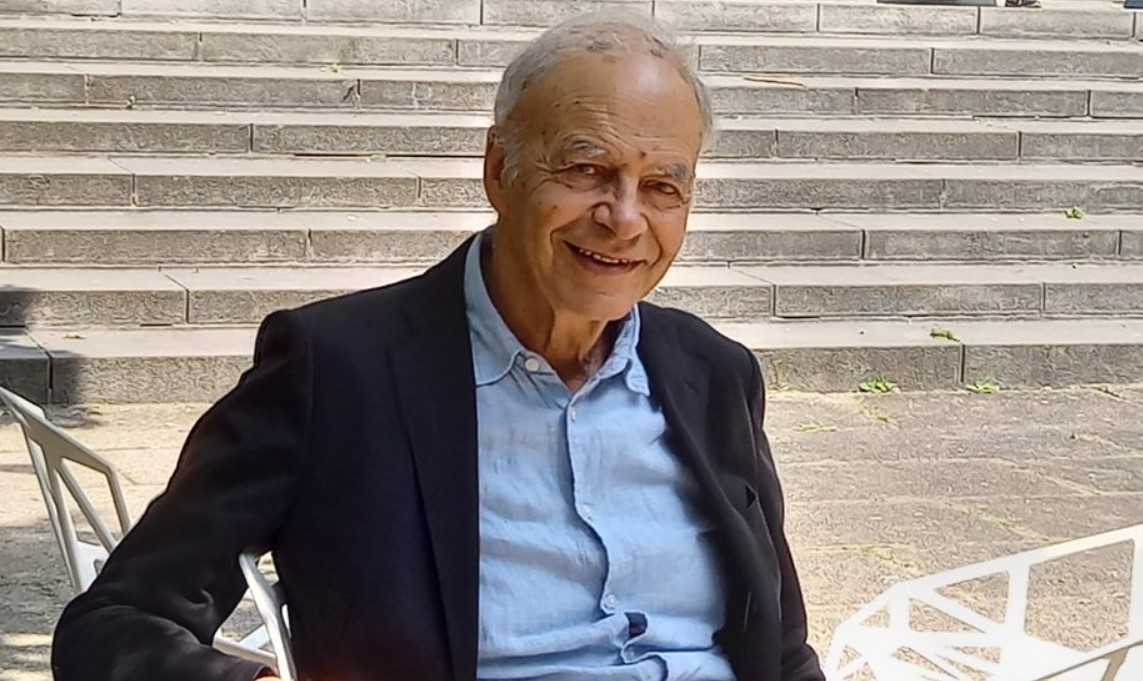
| Peter Albert David Singer Address, Phone Number, Email ID, Website | |
|---|---|
| Email Address | NA |
| https://www.facebook.com/PeterSingerOfficialPage | |
| House address (residence address) | Melbourne, Australia |
| https://www.instagram.com/peter__singer | |
| Office Address | NA |
| Office Number | NA |
| Official Website | NA |
| Personal No. | NA |
| Phone Number | NA |
| Snapchat Id | NA |
| https://twitter.com/PeterSinger | |
| Whatsapp No. | NA |
Some Important Facts About Peter Albert David Singer:-
- Peter Albert David Singer was born on 6 July 1946.
- His Age is 72 years old.
- His birth sign is Cancer.
See also: How to Contact Carol J. Adams: Phone number, Texting, Email Id, Fanmail Address and Contact Details
